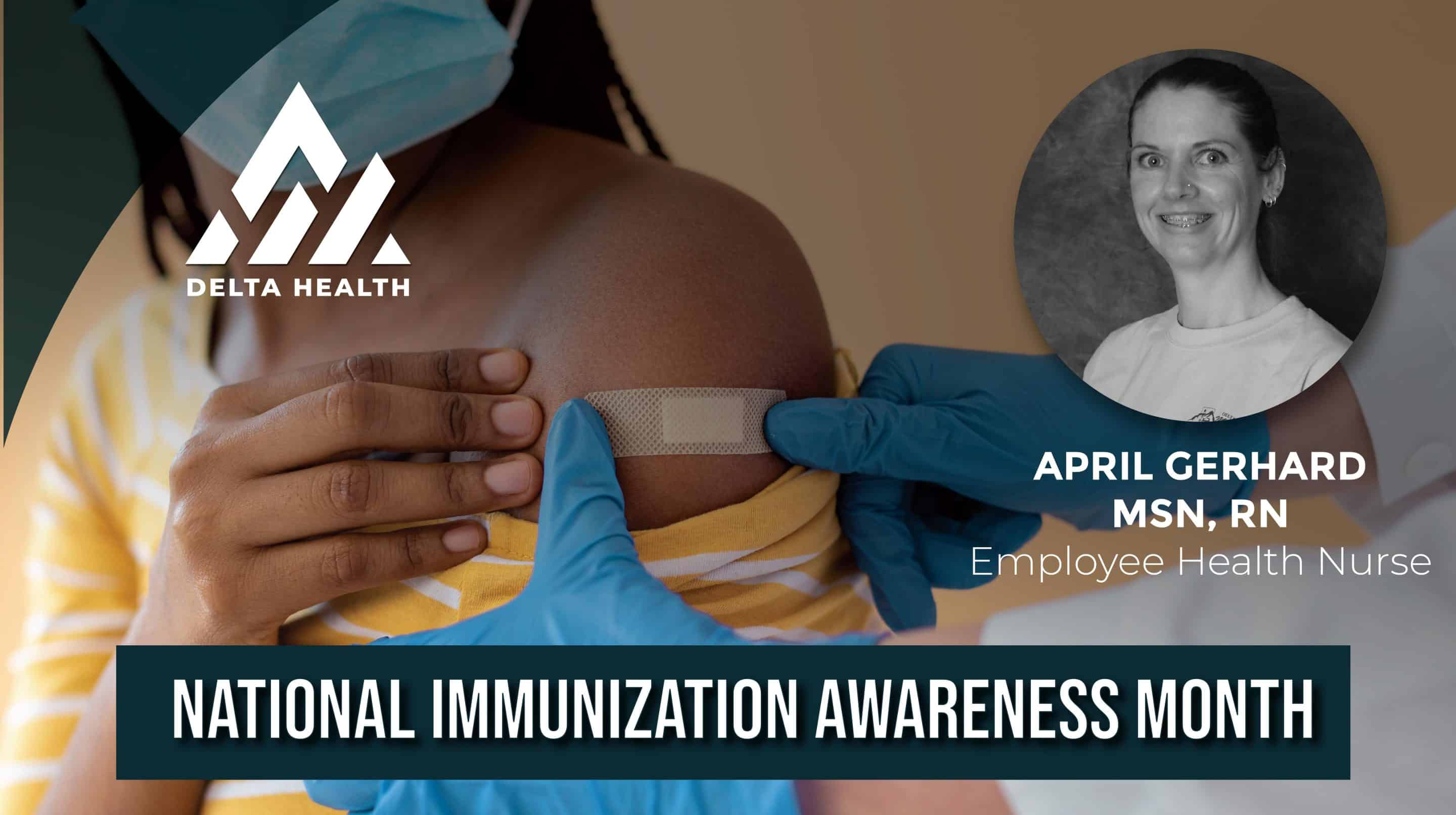Vaccines do an amazing job of protecting people of ALL ages from serious diseases like measles and whooping cough; make it your goal this month to confirm that your family and you are up-to-date on recommended vaccines. Vaccines help the body learn how to defend itself from diseases without the dangers of a full-blown infection. Vaccines can prevent infectious diseases that once killed or harmed many infants, children, and adults. Without vaccines, people are at risk for getting seriously ill and suffering pain, disability, and even death from diseases like measles and whooping cough.
Have you ever wondered how vaccines actually work? Vaccines help your immune system do its job better and faster, protecting you from serious disease.
The immune system protects the body from harmful germs through a complex network of cells, tissues, and organs working together. When your body is attacked by bacteria, viruses, and other germs (this is called an infection) the immune system multiplies and launches a defense. Infections cause the diseases that make you sick.
Your immune system protects you from disease by fighting off the invading germs. Your immune system is always on patrol in your body and when it finds an invading germ, it attacks the germ. This is called an immune response. Here’s how an immune response works:
- Your immune system sounds the alarm so your body knows there’s an infection
- It begins releasing antibodies to fight the germ- antibodies are like soldiers designed to fight off the specific germ you have. This task can take a few days.
- The antibodies work to attack, weaken, and destroy the germ.
- Afterwards, your immune system keeps a record of every germ it has ever defeated so it can quickly recognize and send out the right antibodies so you don’t get sick!
This protection against a certain disease is called immunity. Immunity can last your whole life. Natural immunity takes place after you are sick with a disease; however, diseases can be unpredictable with severe and sometimes deadly consequences. Vaccines protect you from a disease before it makes you sick. Vaccines also protect the people around you. Some people (like infants and people with weak or failing immune systems) may not be able to get the vaccines that provide protection from disease. When you get vaccinated you’re also protecting the unvaccinated people around you!
Vaccines generally provide long-term immunity to serious diseases while decreasing the severity of illness. Vaccines support and improve your immune system’s ability to fight infections quickly and efficiently. Vaccines imitate the infection, which engages your own immune response, and your immune system remembers the germ so defenses are prepared if the germ ever attacks again! Vaccines are made of very small amounts of weak or dead germs, they won’t make you sick. The main risks associated with getting vaccines are side effects, which are almost always mild (such as redness and swelling at the injection site) and go away within a few days. Serious side effects after vaccination are very rare and doctors and clinic staff are trained to deal with them. For nearly everyone, the disease-prevention benefits are much greater than potential side effects from vaccines. The immune response to a vaccine might cause tiredness and discomfort for a day or two but the resulting protection can last a lifetime.
Recommendations for vaccines vary based on age, risk factors, health conditions, occupation, type of vaccine, and other factors. Some vaccines last a lifetime (think of measles), while the tetanus shot protects you for 10 years, and the flu shot needs to be received yearly. Certain vaccines must be regularly updated to protect against mutation-prone viruses that cause waves of infections months or years apart. To maintain protection, people must receive the updated vaccines even if they got an earlier version; some protection fades over time. The seasonal flu vaccine is reformulated every year to target the four strains expected to be most common and most dangerous. Talk to a health care provider about which vaccines are recommended for you- vaccines are an essential tool in protecting babies, children, teenagers, and even adults from infectious diseases!


